Smart Contracts and Blockchain: The Next Frontier in Legal Tech
The legal industry has traditionally been slow to adopt new technologies. However, blockchain technology and smart contracts are starting to change that. Smart contracts, which are self-executing contracts with the terms of the agreement between buyer and seller being directly written into lines of code, have the potential to revolutionize the way we do business. In this blog post, we will explore the ways in which smart contracts and blockchain are transforming the legal industry.
What are Smart Contracts?

A smart contract is a computer program that automates the process of a traditional contract, using blockchain technology to execute and enforce the terms of the agreement. The code of a smart contract is stored on a blockchain, which means it is immutable and transparent. Once the terms of the agreement are met, the smart contract executes itself automatically, without the need for intermediaries or third parties.
Smart contracts have several advantages over traditional contracts. First, they are more efficient because they automate many of the steps involved in the contract process. Second, they are more secure because they are stored on a blockchain, which makes them virtually tamper-proof. Third, they are more transparent because the terms of the agreement are written into the code, which can be easily audited by anyone.
Smart Contracts and Legal Tech

Smart contracts are starting to gain traction in the legal industry because they offer several advantages over traditional contracts. One of the biggest advantages is that they eliminate the need for intermediaries, such as lawyers or banks, to execute and enforce the terms of the agreement. This can save time and money for both parties involved in the contract.
Another advantage of smart contracts is that they are self-executing. Once the terms of the agreement are met, the contract executes itself automatically. This reduces the risk of fraud or errors in the contract process because there is no human intervention required.
Smart contracts can also improve the speed and efficiency of legal transactions. Traditional contract negotiations can take weeks or months to complete, whereas smart contracts can be executed instantly. This can reduce the time and cost associated with legal transactions.
Smart Contracts in Real Estate One area where smart contracts are starting to gain traction is in real estate transactions. Smart contracts can automate many of the steps involved in a real estate transaction, such as title searches, property inspections, and closing costs. This can save time and money for both buyers and sellers.
Smart contracts can also reduce the risk of fraud in real estate transactions. Because the terms of the agreement are written into the code of the smart contract, there is no need for intermediaries to oversee the transaction. This reduces the risk of fraud or errors in the transaction process.
Smart Contracts and Dispute Resolution

Another area where smart contracts can be useful is in dispute resolution. Because smart contracts are self-executing and transparent, they can help to reduce the risk of disputes arising in the first place. However, if a dispute does arise, the terms of the smart contract can be easily audited to determine the outcome of the dispute.
Smart contracts can also help to automate the dispute resolution process. For example, if a smart contract includes a clause for arbitration, the smart contract can automatically initiate the arbitration process if a dispute arises. This can reduce the time and cost associated with traditional dispute resolution processes.
Conclusion
Smart contracts and blockchain technology have the potential to revolutionize the way we do business. By automating many of the steps involved in contract execution and enforcement, smart contracts can save time and money for both parties involved in the contract. They can also improve the speed and efficiency of legal transactions, reduce the risk of fraud, and automate dispute resolution.
As smart contracts continue to gain traction in the legal industry,there are still some challenges to be addressed. One of the biggest challenges is the lack of standardization in smart contract development. Smart contracts can be developed using different programming languages and standards, which can make it difficult to integrate different smart contracts and ensure interoperability.
Another challenge is the legal enforceability of smart contracts. While smart contracts can automate many of the steps involved in contract execution and enforcement, they may not be legally enforceable in some jurisdictions. It is important for legal professionals to work with blockchain developers to ensure that smart contracts are legally enforceable in the jurisdictions where they will be used.
Despite these challenges, smart contracts and blockchain technology are poised to transform the legal industry. They offer several advantages over traditional contracts, including increased efficiency, security, and transparency. As more businesses and industries begin to adopt smart contracts, we can expect to see significant changes in the way we do business and manage legal transactions. Legal professionals who embrace this technology and work to address the challenges will be well-positioned to succeed in the future.
Writer
Naza Rahida Siddiqe Priya
Intern, Content Writing Department
Requin BD





5 Comments
Suriya
March 11, 2023
Informative
Joy
March 11, 2023
Excellence content
Mamun
March 11, 2023
Blockchain !!
Refait Hossain
March 12, 2023
Very Informative
Jorg Hoke
September 19, 2024
This was a very good post. Check out my web page QH8 for additional views concerning about Cosmetic Treatment.